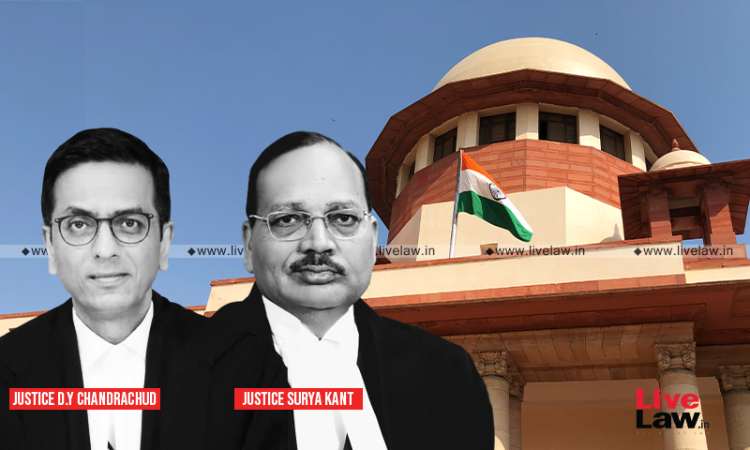Supreme Court Expands Definition Of 'Vulnerable Witnesses'; Directs HCs To Frame Vulnerable Witness Deposition Scheme
Mehal Jain
11 Jan 2022 12:50 PM IST

Next Story
11 Jan 2022 12:50 PM IST
Noting that "the need for and importance for setting up special facilities which cater to the creation of a safe and barrier-free environment for recording the evidence of vulnerable witnesses has been engaging the attention of this court over the last two decades", the Supreme Court on Tuesday issued comprehensive directions in this regard.By way of the first direction, the bench of Justices...
